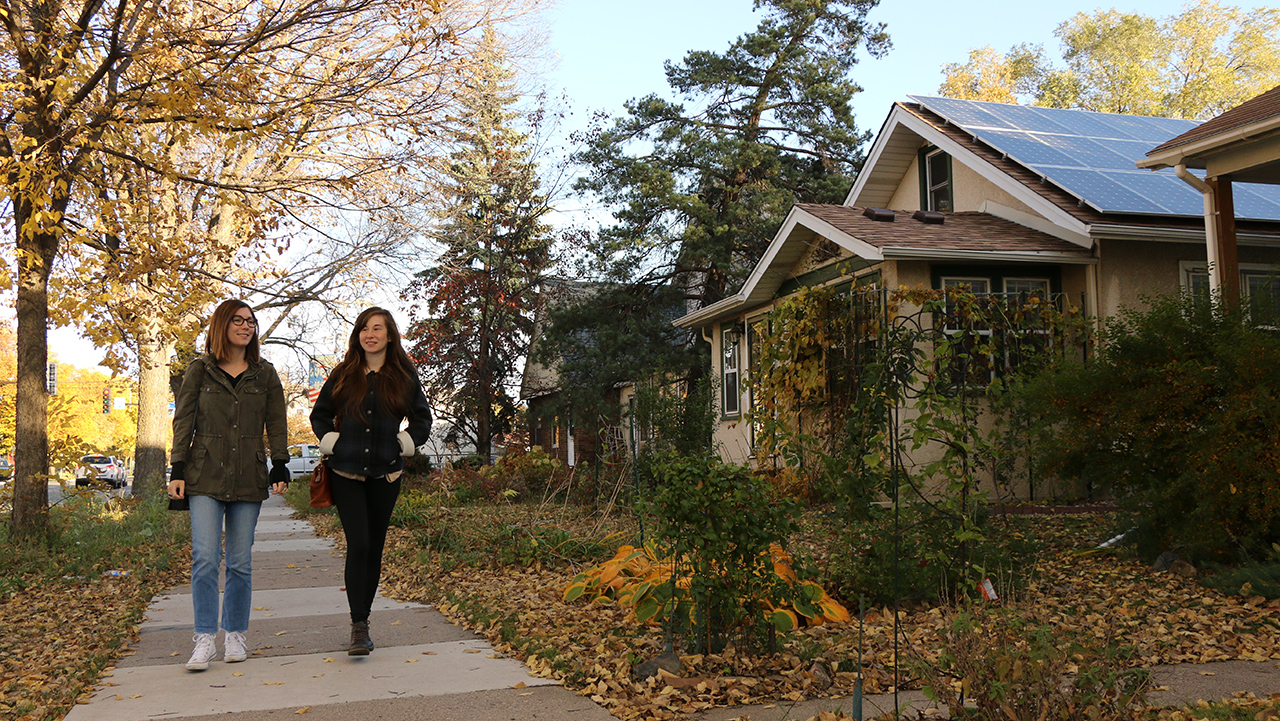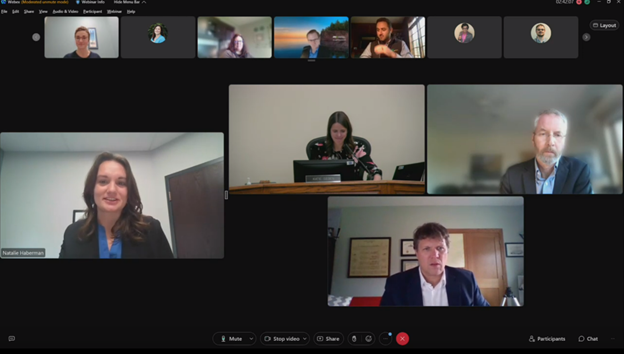
The adoption of solar energy systems on residential rooftops and businesses continues to be an important tool in advancing the clean energy transition in Minnesota. And, with the expansion of a handful of federal tax credits through the Inflation Reduction Act (IRA), solar is now financially accessible to many more consumers. However, as solar has increased in popularity, some Minnesotans have experienced issues getting their system hooked up to the grid—particularly for customers of Xcel Energy. Connecting solar, or any type of distributed electricity generation, to the grid requires permission from the local utility through a process called “interconnection.” Fresh Energy has written about these interconnection issues previously and is excited to share that Minnesota’s Xcel Energy customers can look forward to interconnection relief and reform starting in January 2023.

Fresh Energy has been actively engaged in the interconnection docket (#16-521) at the Minnesota Public Utilities Commission over the past several years, submitting expert comments and working with key partners to advance interconnection policy solutions. One important issue in this docket has been the cost of upgrades to grid infrastructure that may be required in order to add a solar project to the grid. These costs are typically borne by the solar customer whose project triggers the need for the upgrade. Most small solar projects connecting to Xcel’s system do not require grid upgrades, but if they do, the average cost in recent years has been around $3,600 —in addition to the cost of the solar project.
To address this issue, Fresh Energy worked closely with partners All Energy Solar and TruNorth Solar to design a cost-sharing approach to spread the upgrade costs across many projects to help relieve this financial burden. The Commission adopted our joint proposal in January 2022 and opened a proceeding in docket 18-714 for parties to work out the implementation details of the plan. On November 3, 2022, the Commission officially approved the cost share program, incorporating several important program features that Fresh Energy and other stakeholders advocated for—read our statement on the decision.
How will the cost-sharing program work?
The cost-sharing program is an innovative solution to an increasingly common problem. Minnesota is the first state to adopt an approach to interconnection upgrades that spreads costs among certain distributed energy resource (DER) customers, rather than asking all utility ratepayers or individual DER customers to foot the bill. Under the cost-sharing program, all Xcel customers applying to interconnect a project up to 40 kilowatts will be asked to pay a cost-share fee of $200, which will then make them eligible to have grid upgrade costs covered, up to a cap of $15,000 per project.
Additionally, the Commission approved two key equity considerations as part of the new program. First, the program will explicitly exempt under-resourced or “low-income” customers qualifying for Xcel’s income-qualified Solar*Rewards program from paying the cost share fee. Additionally, the Commission will require Xcel to create a waitlist for customers participating in the program—ensuring that, even in the case of temporary insufficient funding, all customers who pay the cost share fee will be able to have up to $15,000 of upgrades covered by the fund.
The new cost-share program will go into effect on January 3, 2023, coinciding with the opening of Xcel’s Solar*Rewards program for 2023. In the meantime, Fresh Energy will continue working closely with Xcel and partners to design a fair waitlist process and ensure a smooth program roll-out.
What’s next for interconnection?
Fresh Energy is excited for the new cost-share program to alleviate one important piece of the larger interconnection puzzle next year. The implementation of this program comes at a critical time in the energy transition; with the expansion of federal funding for solar projects through the IRA, we anticipate more residential and business customers within Xcel’s territory will pursue solar and benefit from the financial certainty provided by the cost share program.
In the coming months, Fresh Energy is looking forward to evaluating how this program is working for customers and developers, as well as continuing to work with the Commission, Xcel Energy, solar installers, and others on improving timeliness and customer experience issues in the interconnection process broadly.
